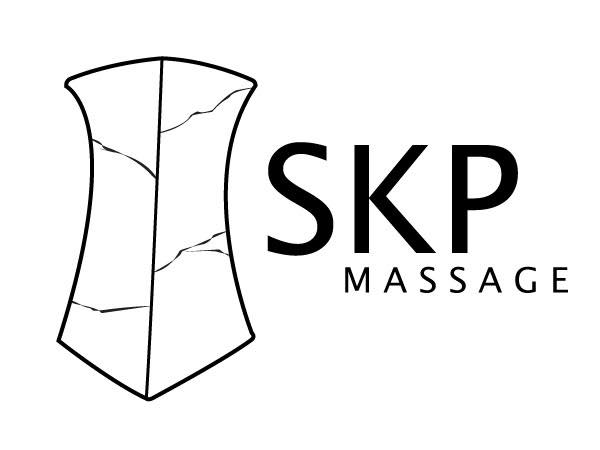Massage and addiction may not seem as if they have much in common, but they can be related. After experiencing a deep-tissue massage, many recovery reports improved symptomology. Nowadays, many treatment centers offer alternatives to talk-based therapies, such as massages. Reports claim that these stimulating techniques increase someone’s self-awareness, promoting recovery.
Stretching and Pulling Muscles Enhances Detoxification
Over time, using drugs causes toxic metabolites to accrue, storing in muscular tissues. By getting massaged, these tissues pull apart, enhancing vascular function. Furthermore, this vascular function enhancement continues for several days, improving circulation. As a result, toxifying metabolites leave the body, and recovering people notice improvements. By amplifying the expulsion of toxic chemicals, people heal quicker and do not feel as bad.
Massages Release Endorphins
It takes time for anyone’s neurochemistry to restore its natural balance following addiction. Nevertheless, massaging the body promotes endorphin release, speeding up this process. These are essential chemicals responsible for our sense of well-being. Moreover, massage therapy has increased ambient beta-endorphin levels in vivo. Since these improve how we feel, the desire to use lessens gradually.
It May Help Lower Pain Levels
Many people with addictions use substances to cope with pain. Nonetheless, getting a quick massage can decrease the need for this relief. For example, if somebody has been using opiates, giving them a massage may help them. In addition, combining these therapies with alternative treatments can further amplify the benefits.
Frequent Massages May Reduce Stress Perception
Overly elevated cortisol levels impact immune function along with mood. Lowering high cortisol levels can produce profound relief for afflicted individuals. This hormone is released as a stress response, flooding the body after stress. After being massaged, cortisol levels decrease, relieving any associated effects. It can help with weight gain, digestion, headaches, and sleep disturbances.
Massage Can Promote Self-Awareness
Anyone going through recovery learns about trigger identification. If you can identify when something triggers you, it becomes easier to avoid triggers. In addition, developing productive strategies to control cravings is more accessible with better self-awareness. Thankfully, massages can help make people more aware of themselves, enhancing recovery. Massages can identify tension and relieve it less complicated, lessening negative emotions.
It Can Decrease Touch Aversion
After experiencing abuse, touch sometimes is associated with negative emotions. To overcome this, massages may be somewhat helpful. You create new associations since you get relief during the massage. As a result, these can rebuild positive correlations between touch and trust. By providing a safe way to experience touch, they redevelop better memories with it. Overall, this creates a robust healing foundation, making a massive difference. Massage and addiction may not have an obvious connection, but there is a correlation.
Massage Specialists
We at SKP Massage understand how challenging recovery can be. So, we offer evidence-based massage therapies to enhance self-awareness, aiding recovery. You can also follow us on Facebook!


Recent Comments